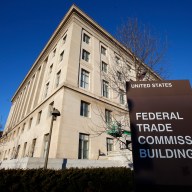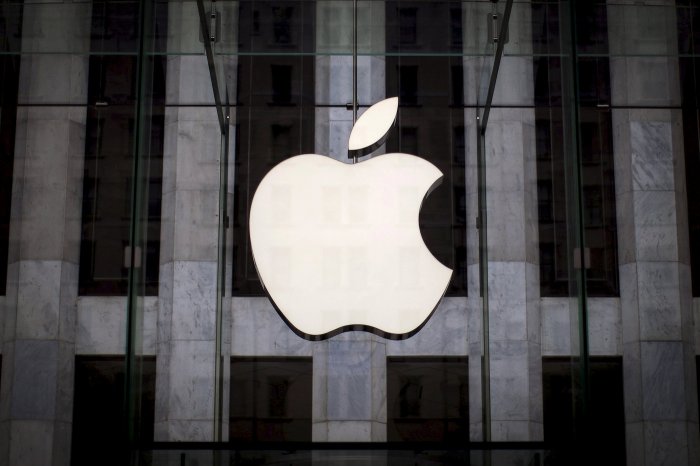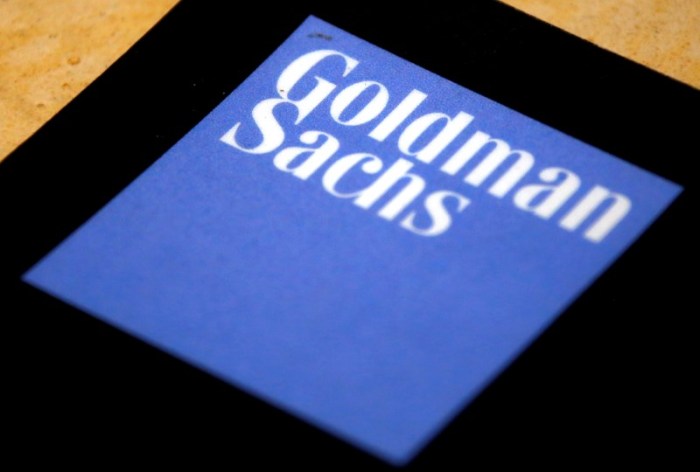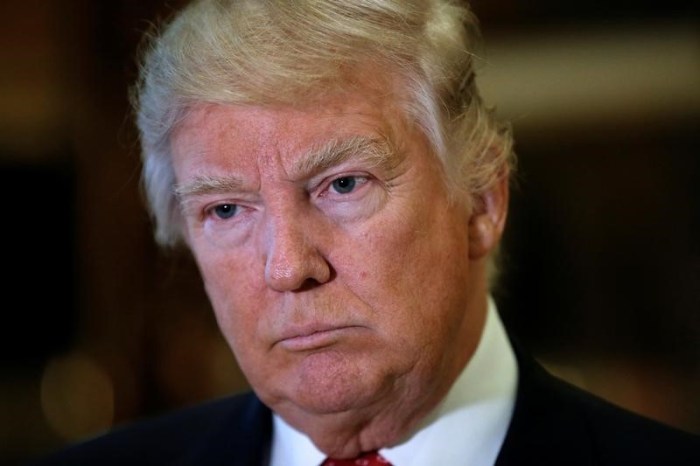By Sujata Rao
LONDON (Reuters) – Global investors bought real estate, added to cash holdings and cut equity allocations to the lowest in at least five years as this month’s shock Brexit vote added to an already toxic mix of sluggish world growth and volatile markets. The monthly Reuters survey of 44 fund managers and chief investment officers in the United States, Europe, Japan and Britain was conducted between June 15-29, straddling the June 23 referendum in which Britons voted to leave the European Union. The verdict, which drove sterling to 31-year lows and wiped $2 trillion off world stocks, heralds intense political and economic uncertainty for the UK, with likely repercussions for the euro zone as well as the rest of the world. Close to two-thirds of poll responses were received after the vote, but many of those who responded beforehand said they had positioned defensively, given the uncertainties already roiling world markets. This includes the looming U.S. presidential election which could bring victory for Republican Donald Trump – an outcome that two-thirds of those who responded to a special question said would have negative consequences. Allocations to cash stood at 6.8 percent on average, having risen every month since February and the highest since last June, the survey showed.
In almost every region, investors dumped shares, with the average global holding at 45 percent, the lowest since before May 2011 at least and down from nearly 50 at the end of last year.
European funds’ equity allocations hit the lowest in over four years.
“We expect a risk-off attitude in financial markets to continue as investors digest the potential impact of Brexit and as geopolitical risks remain high,” said Matteo Germano, global head of multi-asset investments at Pioneer Investment. Germano predicted a knock-on hit to commodity prices, while gold and U.S. Treasuries benefited. On equities, European and UK-focused stocks warranted caution, he said, adding:
“With increased geopolitical risk in Europe, the U.S. dollar should behave as a safe haven.”
Year-to-date, euro zone and UK stocks have lost some 10 percent and U.S. equities are just 2 percent in the black – a consequence also of stubbornly weak economic growth, U.S. rate rise expectations and fears of a sharp slowdown in China. However, many investors noted that equity markets worldwide were already starting to claw back Brexit-fueled losses.
“Unquestionably, we have seen an extraordinary amount of money withdrawn from the global equity markets on Brexit worries,” Peter Lowman, CIO at Investment Quorum, a UK wealth manager.
But it was not “a Lehman moment”, he said.
Portfolios at HFM Columbus Asset Management were positioned cautiously, its investment director Rob Pemberton said, citing “more global concerns – global growth, Fed monetary policy, China.” Property as an asset class was also in demand, its weight rising to 2.9 percent, also the highest in at least five years.
Bond allocations rose slightly to 38.1 percent.
TRUMP IMPACT
The full impact of Brexit is likely still ahead, as there is little certainty over when proceedings will formally begin to divorce the country from the EU, and how long they could take.
But even in the run-up to Brexit, investors were fretting about another potential speed bump – U.S. elections and the possibility of a Trump win.
Many say his proposals for reshaping the trade and diplomatic ties of the world’s largest economy, his anti-immigration rhetoric and questions about Treasury obligations create as much market uncertainty as the Brexit issue. Asked how a Trump presidency could impact U.S. and global equities, two-thirds of those who replied saw it as negative. Some also cited fears that a Trump win on the heels of Brexit could encourage populist parties across Europe. A Trump win would “increase the geopolitical risk at a worldwide level”, said Nadege Dufosse, head of asset allocation at Candriam.
ECB HEADACHE
One consequence of the Brexit jitters is the fresh slump in bond yields, with over $11 trillion in government bonds now yielding less than zero, and German 10-year yields falling into negative territory earlier in the month. German yield falls below the European Central Bank’s deposit rate will exacerbate the acute scarcity of bonds eligible for the ECB’s asset purchase program. That could pressure it to cut interest rates further to accommodate these bonds. But just a quarter of the June survey participants who answered a special question on the subject thought the ECB would run out of bonds to buy.
“Markets have indeed been pricing in the possibility that the ECB would come up against practical limits on its purchases of government bonds by 2017,” said Andrew Milligan at Standard Life Investments. But the ECB has already broadened the range of instruments eligible for its 1.7 trillion euro stimulus plan, he noted, referring to its recent move into high-grade corporate debt.
Jan Bopp, asset allocation strategist at Bank J. Safra Sarasin disagreed, predicting that unless criteria were changed, the ECB would run out of bonds by December.
“This in itself is feeding the bond market rally as the ECB needs to move further along the yield curve to purchase bonds,” he added.
(Additional reporting by Karin Strohecker, Massimo Gaia and Hari Kishan; Editing by Hugh Lawson)
In Brexit month, investors dump shares, flee for safety of cash
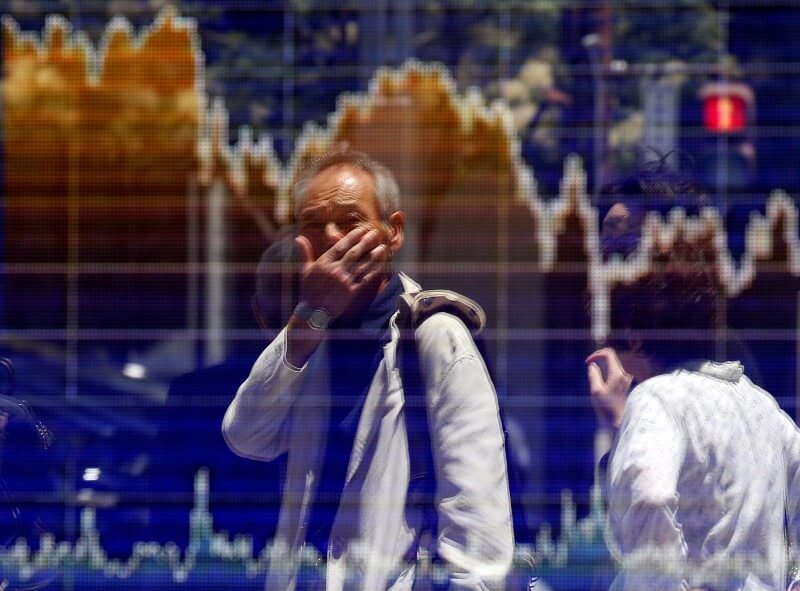
By Sujata Rao










